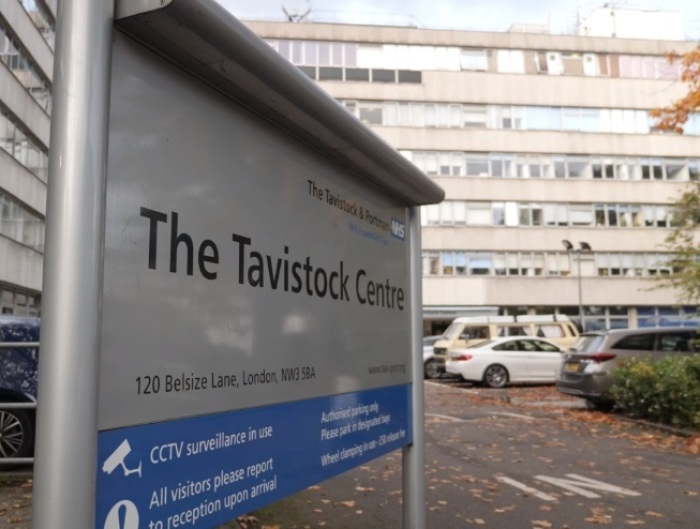UK court to decide whether children, teens can consent to taking puberty blockers, cross-sex hormones

The question of whether children and teenagers can consent to taking puberty-blocking drugs and cross-sex hormones to thwart their bodies natural growth as part of transgender experimentation will be adjudicated this week at the U.K.'s highest court.
The case is being brought by attorneys for Susan Evans against the Tavistock and Portman National Health Service which operate the lone gender identity clinic in the nation. Evans is a psychiatric nurse and psychoanalytic psychotherapist who believes the medicalization of gender in young people is experimental and carries lifelong, harmful consequences.
According to The U.K. Times, Evans' lawyers will stress that providing puberty blockers and opposite-sex hormones at Tavistock for children age 18 and younger is against the law because minors are incapable of giving consent.
“There are so many unanswered questions that include the age at start, reversibility, serious adverse health events, long-term effects on mental health, neurological effects on cognitive functioning, the effect on bone density, circulatory systems and sexual functioning in adulthood," a crowdfunding page for Evans asserts.
“We cannot stand by and watch young people be part of an experimental medical treatment that exposes them to very significant risks.”
In 2004, Evans raised concerns about practices within the clinic. Though an internal inquiry was conducted, she ultimate left feeling nothing had changed substantially.
The lawyers representing Evans are also representing a mother, whose identity has not been disclosed, of a 15-year-old autistic girl who's on the waiting list for the Gender Identity Development Service.
The mother has said that no one, let alone her daughter, "understands the risks and therefore cannot ensure informed consent is obtained.”
Tavistock has been at the center of controversy in recent months as whistleblowers have exposed troubling internal protocols.
In an July 18 open letter, Kirsty Entwistle, who until October 2018 was also employed at the GIDS in Leeds, accused Tavistock clinicians of misleading young patients, stressing that they had been “making decisions that will have a major impact on children and young people’s bodies and lives ... without a robust evidence base.”
That many of the youth being treated at the clinic were victims of abuse and neglect or were poor was "minimized and dismissed" she explained, and the children and their families were told that chemical puberty suppressants were completely reversible, despite a lack of evidence for such a claim. Entwistle also recounted that an "unspoken rule" prevailed in the clinic, that families were never to be told that their children were not transgender.
Critics of transgender medicine often point out that young girls are disproportionately impacted as are same-sex attracted youth, those on the autism spectrum, and victims of sexual trauma.
In an interview with The Telegraph Monday, Evans noted that “some children are referred despite having autism, being homosexual or suffering some form of trauma or sexual abuse.”
Children as young as 9 or 10 are being asked to give informed consent, she said in a separate radio interview, and the long-term repercussions of these treatments remain unknown.
“I really feel it's got to be questioned in the courts now because we've tried to talk to the Tavistock as have other staff at the Tavistock and it doesn't work,” she said.




























